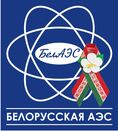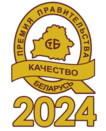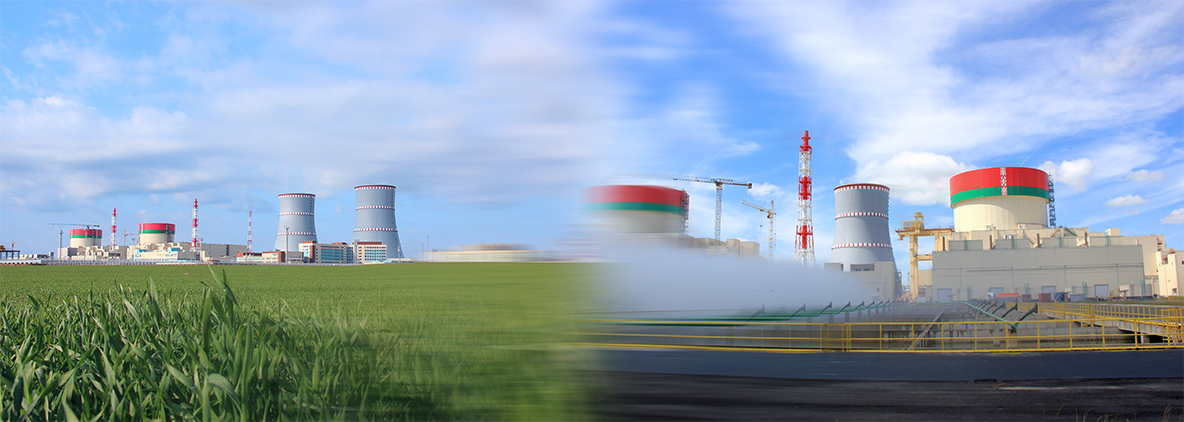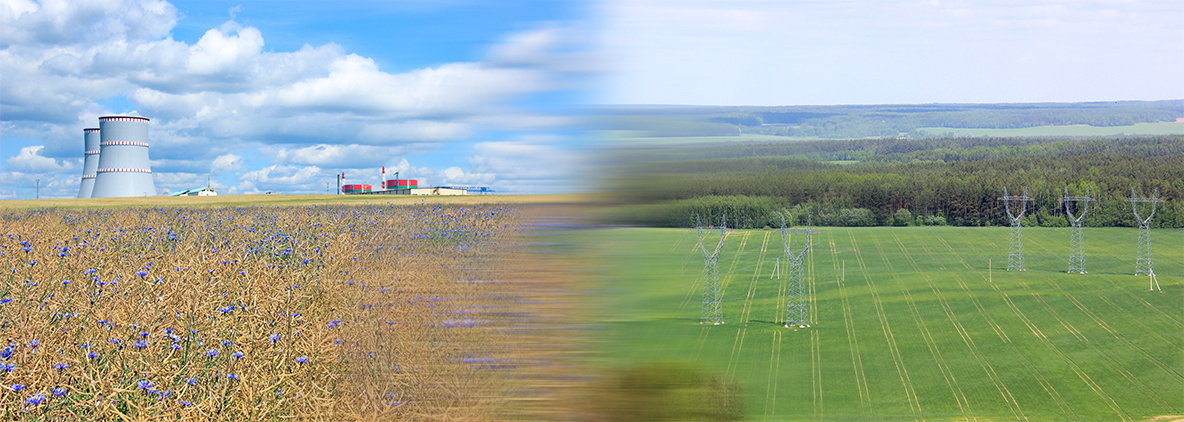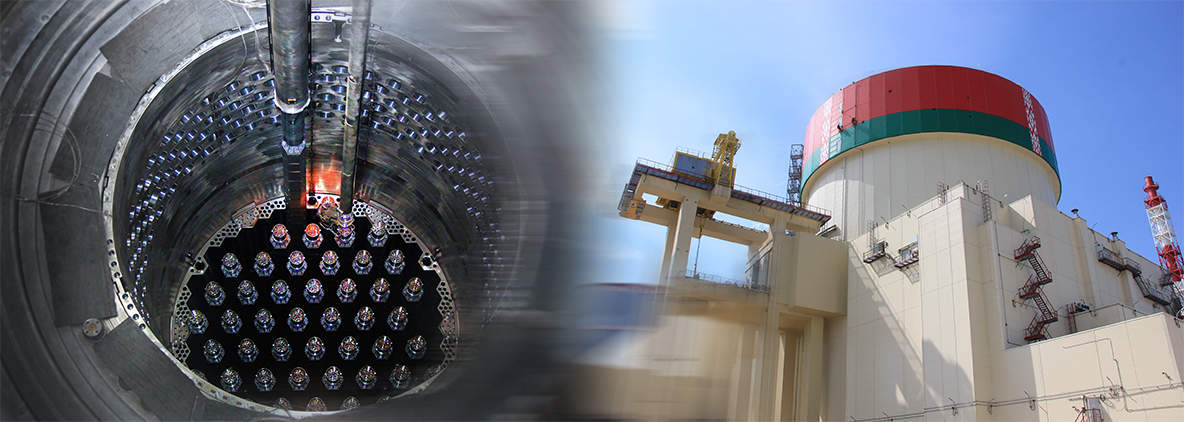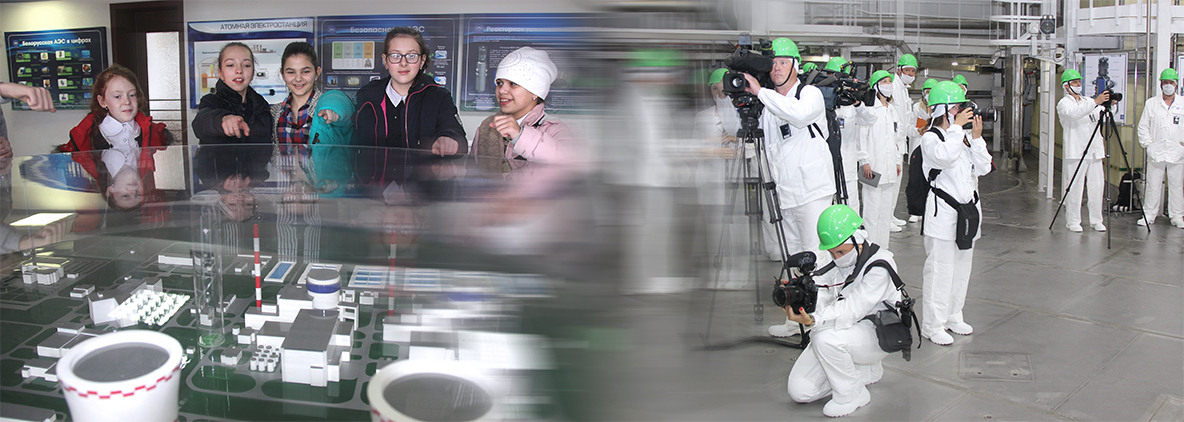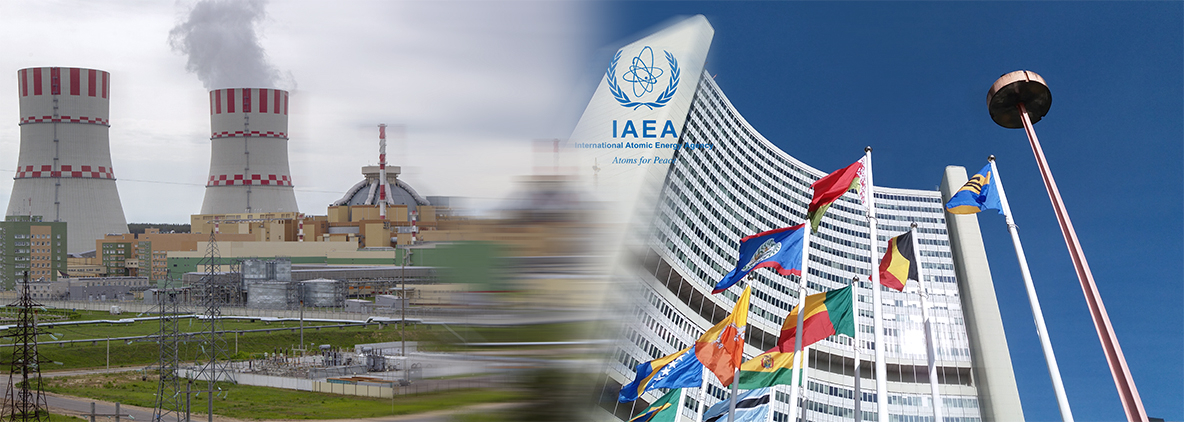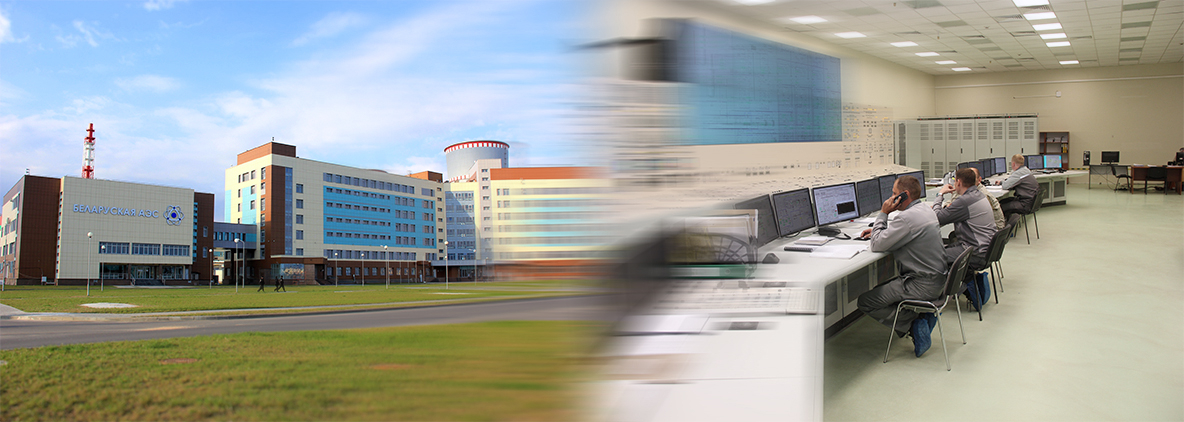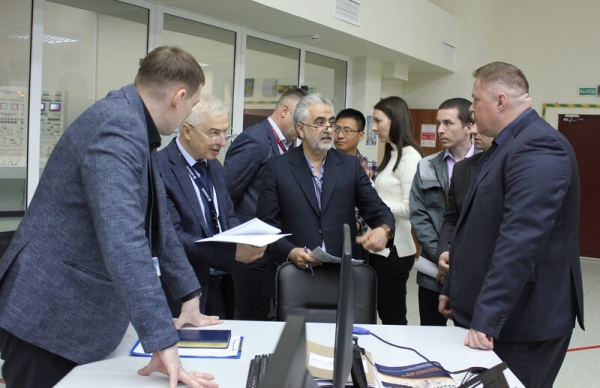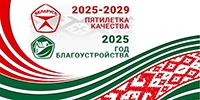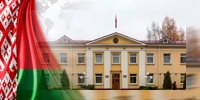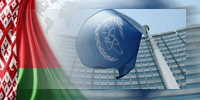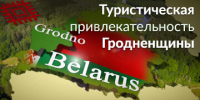The World Association of Nuclear Operators (WANO) unites all organizations in the world that operate nuclear power plants. In total, WANO includes about 450 power units.
Belarusian NPP, being a permanent member of WANO, is territorially related to Moscow regional center (WANO-MC). According to the obligations voluntarily assumed, Belarusian NPP, like other NPPs in the world, conducts a peer review of its power units once every 4 years.
The purpose of the peer review is to provide members with the opportunity to compare their plant operations with global best practice through an in-depth and objective analysis of NPP operating issues.
A peer review is carried out by an international team of experts from other WANO members who provide a critical assessment of the NPP's operational activities in the following areas:
- organization and administration,
- operation,
- repair,
- engineering support,
- radiation safety,
- operating experience,
- chemistry,
- personnel training,
- fire safety,
- emergency preparedness.
From 10 to 26 March 2025, the first ever operational peer review of WANO-MC took place at Belarusian NPP. The expert group included specialists from 4 countries (Bulgaria, Iran, China, Russia). The experts spent 2 weeks studying the plant's operation features by conducting equipment walk-throughs, observing work, interviewing personnel, and studying operational documentation.
During the peer review, the plant was visited and negotiations were held with the NPP management by Vasily Aksenov, Director of Moscow Regional Center of WANO.
During the inspection, experts noted the high level of condition of the plant's equipment and premises, personnel safety culture, and the plant's level of openness to partner interaction. The report prepared by the experts based on the results of the work will be comprehensively studied by specialists of Belarusian NPP in order to improve the plant's operations in accordance with the recommendations of the peer review.
In addition to proposals for improving activities, peer review experts also identified a number of strengths in the operation of Belarusian NPP that can be recommended for use at other NPPs around the world. Among them are the methodology for monitoring and managing the formation of liquid radioactive waste, the methodology and systems for conducting thermal tests of electrical equipment during repairs, as well as the management of hydraulic structures in the winter to improve their efficiency and reliability.
